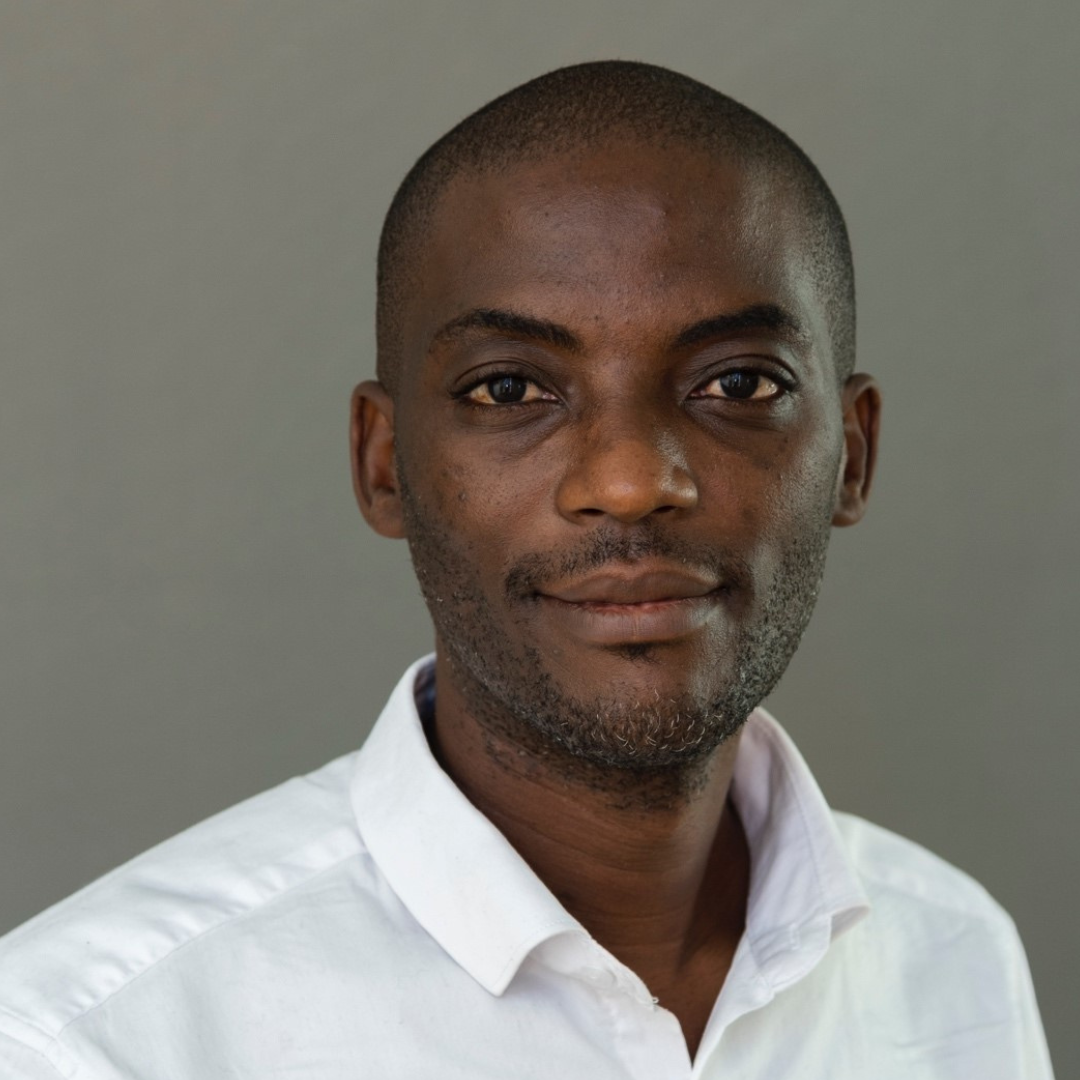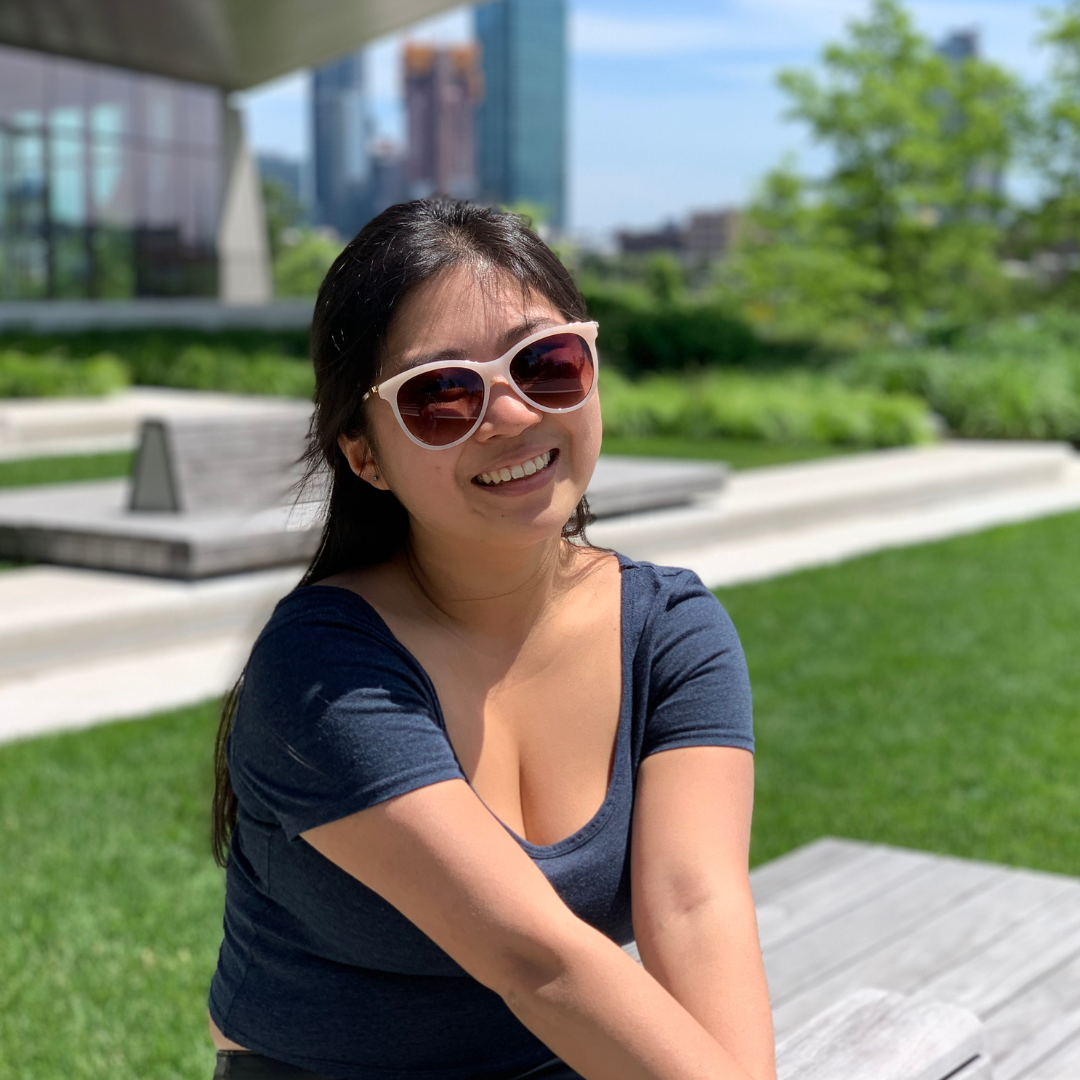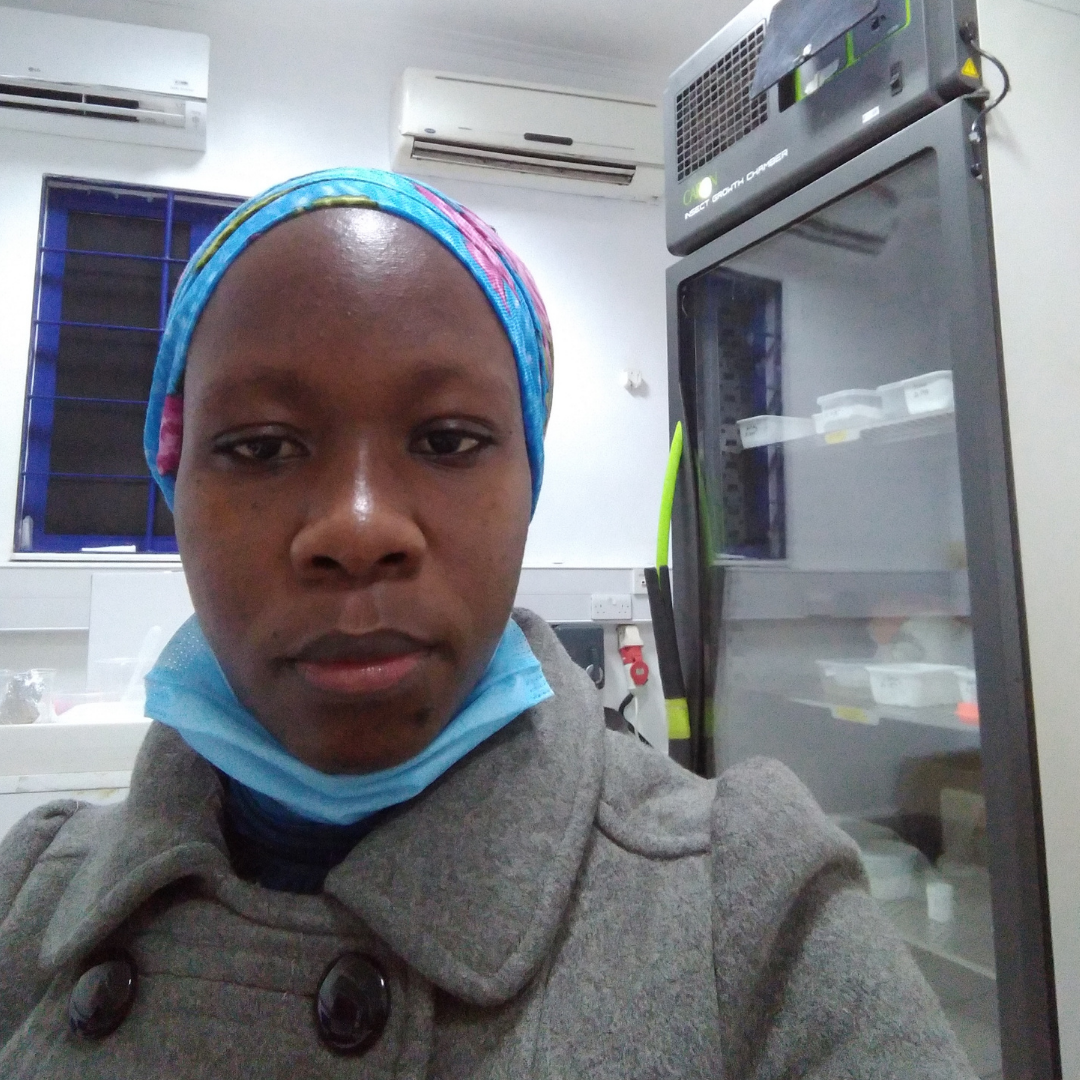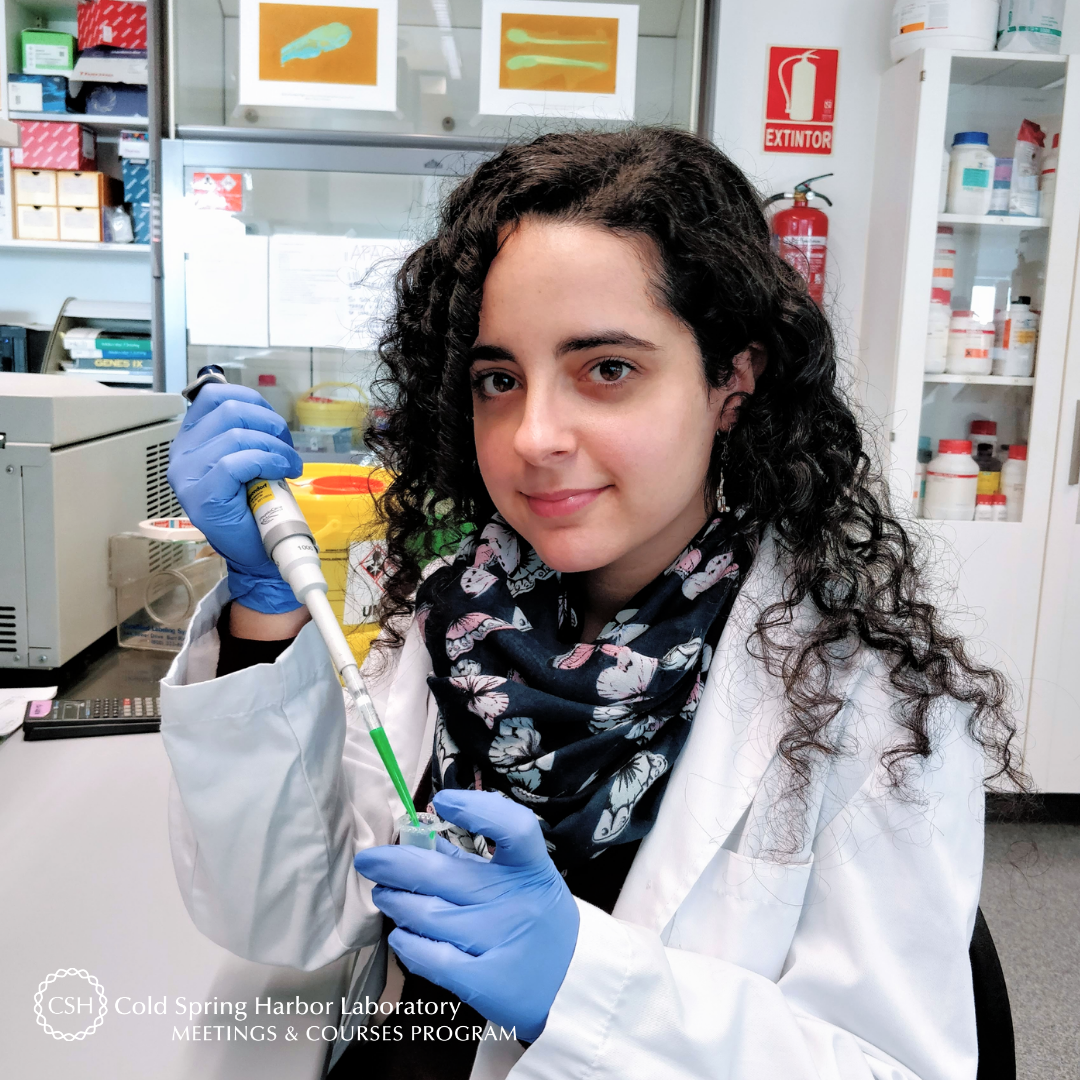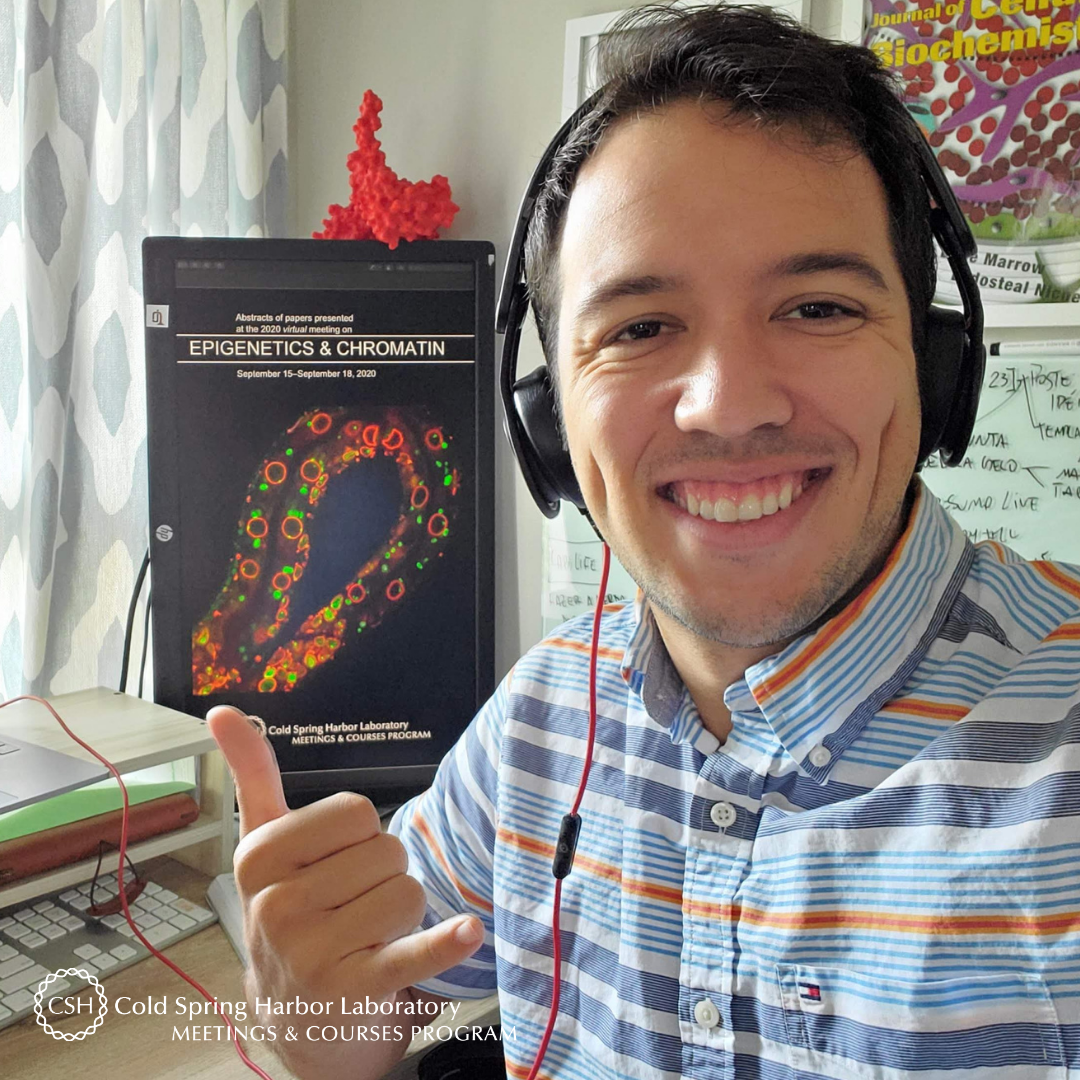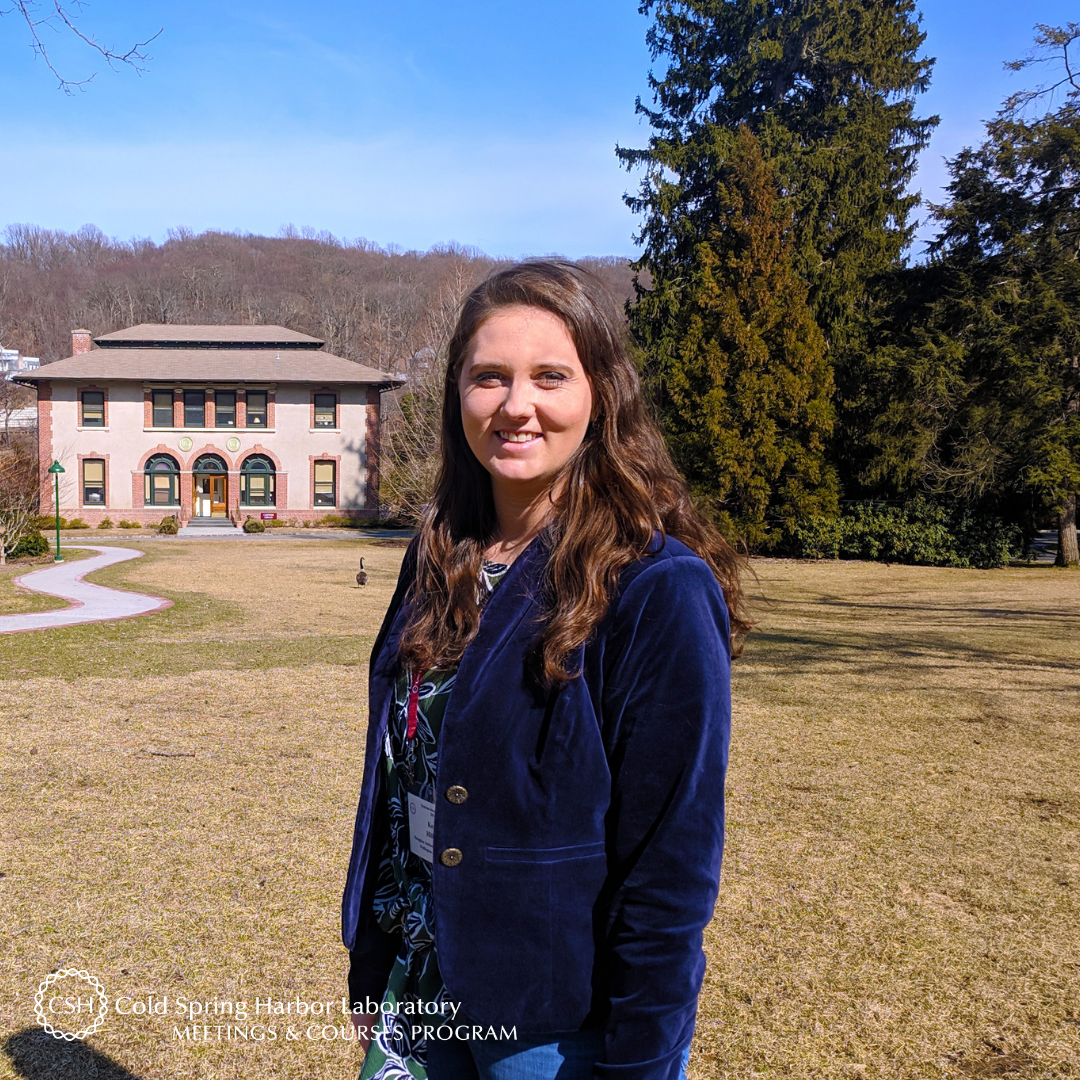Meet Kathleen Abadie of the University of Washington! She is fourth year graduate student in the bioengineering department and a member of Hao Yuan Kueh’s lab. Kathleen joined us at last week’s Systems Immunology meeting — her second Systems Immunology meeting — where she presented her first talk as a graduate student titled “Early CD8 T cell fate programming revealed by time-resolved RNA sequencing and time-lapse imaging in single cells.” Here’s what she shared about that experience:
This was my first time giving a talk at a conference as a grad student. It was a great experience, and I’ve been so grateful to people who have reached out with questions and ideas. It’s a nice reminder of how supportive and collaborative the scientific community is.
Tell us about your research.
I research T cell fate decisions – that is, how does a single naïve T cell that encounters a foreign pathogen give rise to multiple populations of functionally distinct progeny in ratios that are tuned to the nature of the threat? This question is relevant for better understanding and subsequently engineering T cells for therapy and also for understanding broader gene regulation principles in differentiation.
How did you decide to focus on this area/project?
I worked at a pharma company before grad school (Genentech), where I found inspiration both in scientific curiosity and the potential to bring new, better therapies to patients. When I decided to go to grad school, I wanted to work in an area that was exciting both for the pure biology and for the therapeutic potential. T cells are just that! The immune system, and T cells in particular, have so many amazing properties to explore, and the potential of engineered T cell immunotherapies to revolutionize treatment for cancer and other diseases is really exciting to me.
What and/or who is the inspiration behind your scientific journey?
Thanks for asking this. It’s always nice to reflect on why we are where we are. When I look back on my scientific journey, what really stands out are the mentors I’ve had who have shared their own scientific excitement with me, helped me find my own, and given me real-life examples of what I see as a satisfying and successful scientific career. I can think of a handful of people who just lit up my brain when we talked, and I’m so lucky to have had those influences. One of these is my current PI, Kueh!
If Kathleen is not in the Lab, she’s usually on the bike!
What impact do you hope to make through your work?
I have a few answers to this. I hope to someday be able to provide the same inspiration to developing scientists as the people I mentioned above provided to me. I also hope to contribute new ideas to the field of immune cell fate control and immunotherapy. Lastly, I hope I can play a small role in the big and exciting task of engineering T cells to treat disease.
What do you love most about being a researcher?
I love facing a totally unknown problem and thinking about how to creatively address it. On the flip side, this is probably also the most painful part of being a researcher for me. It’s so hard to know that what I am doing is ‘useful’ or ‘the right direction,’ which causes a lot of angst. I think in the end, dealing with this paradox will make me a better and stronger person (at least, that’s what you have to tell yourself in the low points of grad school).
What drew you to attend this meeting?
This meeting is such an exciting union of different fields – basic immunology, genomics, mathematical modeling. It’s amazing to see all the techniques and expertise come together here and listen to people share ideas across fields. I think the potential for synergistic progress here is vast, and I want to be a part of it!
What is your key takeaway from the Meeting; and how do you plan to apply it to your work?
A big takeaway for me is that there are a lot of creative ways to analyze data, particular those so high dimensional and rich as single-cell sequencing data. I should consider how these techniques could help me get more out of my data, even though it is often intimidating to get a new computational technique up and running in my hands.
What’s the most memorable thing that happened during the Meeting?
It’s a toss-up between Ron Germain playing a Joni Mitchell song in the middle of his talk and Uri Alon singing about autoimmune surveillance of hyper-secreting mutants.
Thank you to Kathleen for being this week's featured visitor. To meet other featured researchers - and discover the wide range of science that takes part in a CSHL meeting or course - go here.
Images provided by Kathleen Abadie.




